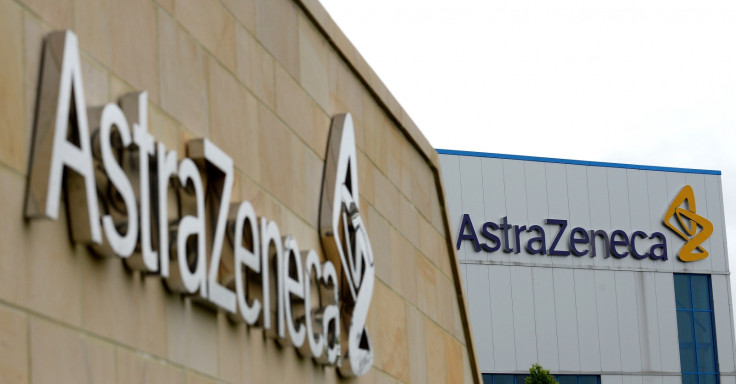AstraZeneca issues profit warning as Crestor is set to face increased competition

Shares in AstraZeneca tumbled over 3.5% early on 4 February after the drugmaker warned annual revenue and earnings will decline as generic rivals to its cholesterol drug Crestor enter the market.
Starting from May, the group will lose market exclusivity in the US for its drug, by far the company's best-selling treatment, and its full-year results for 2016 could also suffer by short-term profit dilution following the recently completed takeovers of Acerta Pharma and ZS Pharma.
As a result, the FTSE 100 group expects a low to mid single-digit percentage drop in both revenue and core earnings per share, which exclude certain items, at constant exchange rates, indicating full-year profit could remain under pressure through to 2017.
"We're confident that our strong execution on strategy, combined with the benefits of focused investments and new launches, keeps us on track to return to sustainable growth in line with our targets," chief executive Pascal Soriot said, adding the group was facing a "transitional period".
The profit warning came as the London-listed firm, which rejected a takeover offer from Pfizer in 2014, posted a 5% year-on-year decline in fourth-quarter profit to $6.4bn (£4.4bn, €5.8bn), due to a number of drug patents expiring, while core earnings per share rose 26% to $0.94.
On a year-on-year basis, the group posted a 7% fall in revenue to $24.7bn, although removing the effect of currency volatility, revenue rose 1%, while pre-tax profit more than doubled to $3bn and a core earnings per share rose 7% to $4.26.
"This momentum will continue in 2016 as we anticipate six regulatory submissions and around 10 major data readouts," Soriot added. "We strengthened the strategic importance of oncology, bringing to patients next-generation therapies such as Tagrisso in lung cancer and Lynparza in ovarian cancer, as well as a promising immuno-oncology pipeline."
© Copyright IBTimes 2025. All rights reserved.






















